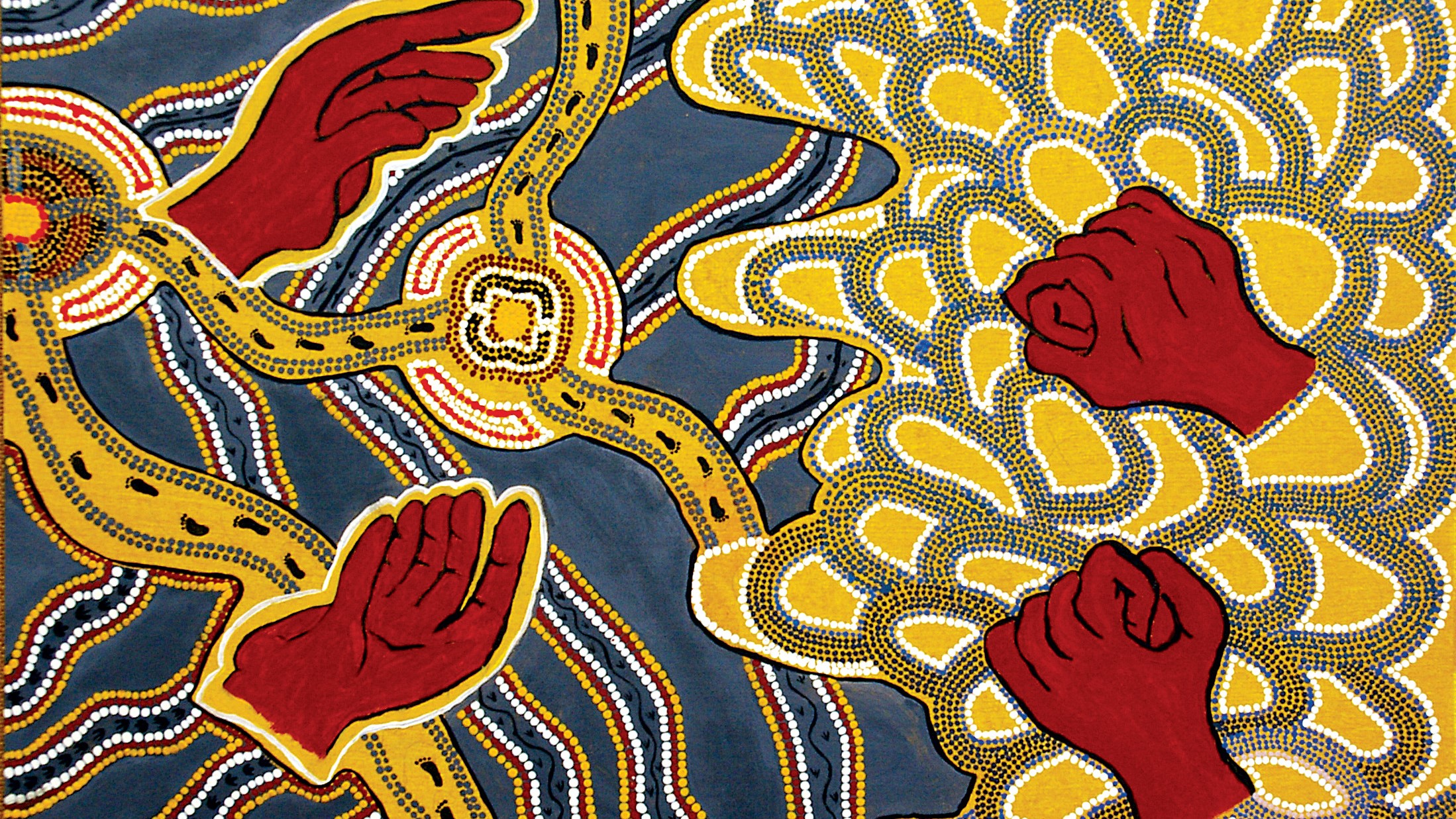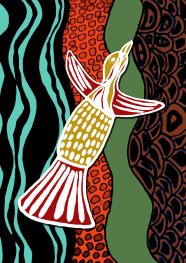Loading...
Presentation Type
Presentation
Location
Online
Start Date
21-8-2024 12:30 PM
Description
From 2019 to 2023 the Kimberley Aboriginal Law and Culture Centre was funded to develop and trial a service delivery model of traditional healing as part of the Kimberley Aboriginal Suicide Prevention Trials (KASPT). The service, now known as Jalngangurru Healing, was developed amidst national and regional challenges including COVID-19, major floods and extensive sorry business. A defining feature of Jalngangurru Healing is the strong cultural governance that underpins the service. This seminar will reflect on a Developmental Evaluation that was undertaken throughout the model development and trial of Jalngangurru Healing. The participatory evaluation process used a multi-method approach, incorporating participant observation; one-on-one, semi-structured interviews; small group discussions; and a survey, across a broad range of stakeholders. The data was then reported back to the healing team iteratively, at healers camps and clinics, and then used to incorporate further into the model design. The evaluation team acted as a ‘critical friend’ to the project. Two Aboriginal research assistants (one male and one female) were able to provide valuable cultural interpreting for the project to ensure that the cultural sensitivities around mabarn were carefully managed, and cultural nuances were well understood. During the project, the evaluation team also helped the healing team to develop a set of guiding principles and a Theory of Change in order to help the project stay true to the underpinning cultural values. The Developmental Evaluation process enabled the healing team an opportunity for a holistic understanding of how different stakeholders were feeling about the different aspects of the model as it developed, which ultimately resulted in a culturally-governed and -owned clinic model, working with both men and women healers, that is unique to the Kimberley. Developmental Evaluation puts the evaluation team inside the project, which may bring challenges for perceptions of objectivity found in more traditional forms of evaluation, but we argue that this was ultimately part of the success of this project.
Recommended Citation
Kennedy, Gillian and Solonec, Tammy, "Reflections on a Developmental Evaluation of a Traditional Healing Service Model for the Kimberley region of Western Australia" (2024). Talking Heads Seminar Series. 15.
https://researchonline.nd.edu.au/nulungu_talkingheads/2024/schedule/15
Reflections on a Developmental Evaluation of a Traditional Healing Service Model for the Kimberley region of Western Australia
Online
From 2019 to 2023 the Kimberley Aboriginal Law and Culture Centre was funded to develop and trial a service delivery model of traditional healing as part of the Kimberley Aboriginal Suicide Prevention Trials (KASPT). The service, now known as Jalngangurru Healing, was developed amidst national and regional challenges including COVID-19, major floods and extensive sorry business. A defining feature of Jalngangurru Healing is the strong cultural governance that underpins the service. This seminar will reflect on a Developmental Evaluation that was undertaken throughout the model development and trial of Jalngangurru Healing. The participatory evaluation process used a multi-method approach, incorporating participant observation; one-on-one, semi-structured interviews; small group discussions; and a survey, across a broad range of stakeholders. The data was then reported back to the healing team iteratively, at healers camps and clinics, and then used to incorporate further into the model design. The evaluation team acted as a ‘critical friend’ to the project. Two Aboriginal research assistants (one male and one female) were able to provide valuable cultural interpreting for the project to ensure that the cultural sensitivities around mabarn were carefully managed, and cultural nuances were well understood. During the project, the evaluation team also helped the healing team to develop a set of guiding principles and a Theory of Change in order to help the project stay true to the underpinning cultural values. The Developmental Evaluation process enabled the healing team an opportunity for a holistic understanding of how different stakeholders were feeling about the different aspects of the model as it developed, which ultimately resulted in a culturally-governed and -owned clinic model, working with both men and women healers, that is unique to the Kimberley. Developmental Evaluation puts the evaluation team inside the project, which may bring challenges for perceptions of objectivity found in more traditional forms of evaluation, but we argue that this was ultimately part of the success of this project.





